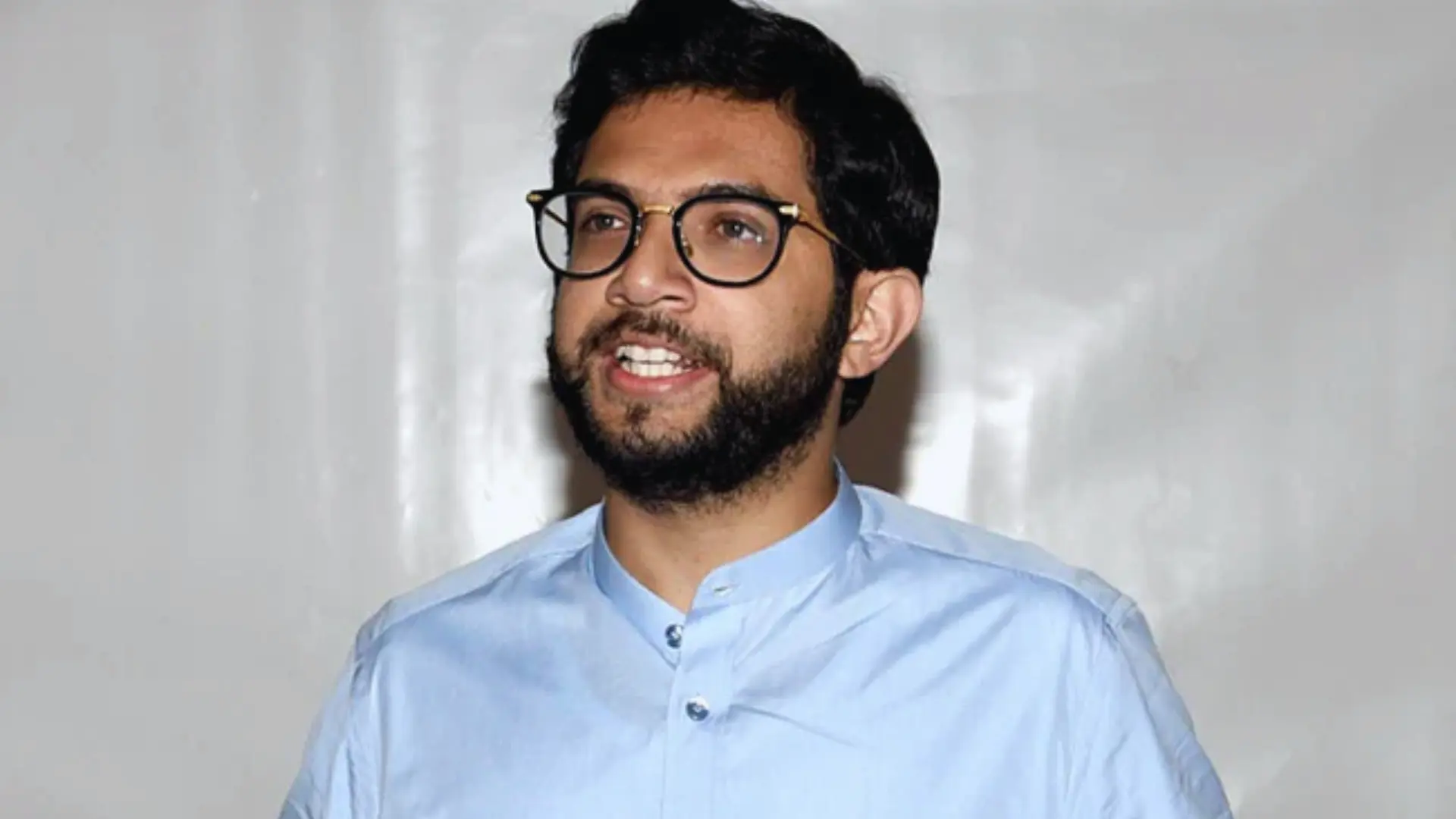In a diplomatic maneuver, India takes the lead in suggesting robust measures to prevent attacks on places of worship and address hate speech in Canada. This initiative unfolded during the UN Human Rights Council (UNHRC) Review meeting, where insights and recommendations were shared by diplomats from India, Bangladesh, and Sri Lanka.
Mohammed Hussain, an Indian diplomat, highlighted legislative advancements such as the National Housing Strategy Act and the Accessible Canada Act. He emphasized the need for Canada to strengthen its domestic framework against the misuse of freedom of expression, specifically in inciting violence, and urged action against groups promoting extremism. The recommendations further included measures to prevent attacks on places of worship and enhance efforts against hate crimes and hate speech.
Bangladesh applauded Canada’s progress in human rights protection but recommended intensified efforts against racism, hate speech, hate crimes, and discrimination against migrants and Muslim minorities. Similar sentiments were echoed by Sri Lanka, urging Canada to accede to the Convention on the Protection of Rights of All Migrant Workers and take measures against racial discrimination affecting immigrants’ rights.
This diplomatic exchange follows Canadian Prime Minister Justin Trudeau’s recent claims of Indian involvement in the killing of Sikh separatist leader Hardeep Singh Nijjar. The bilateral ties have been strained, with Trudeau accusing India of violating the Vienna Convention, leading to a diplomatic standoff.
Despite the tension, diplomats from India, Bangladesh, and Sri Lanka offered constructive recommendations during the UNHRC meeting, emphasizing the importance of international cooperation in addressing human rights issues and fostering global harmony.”


















